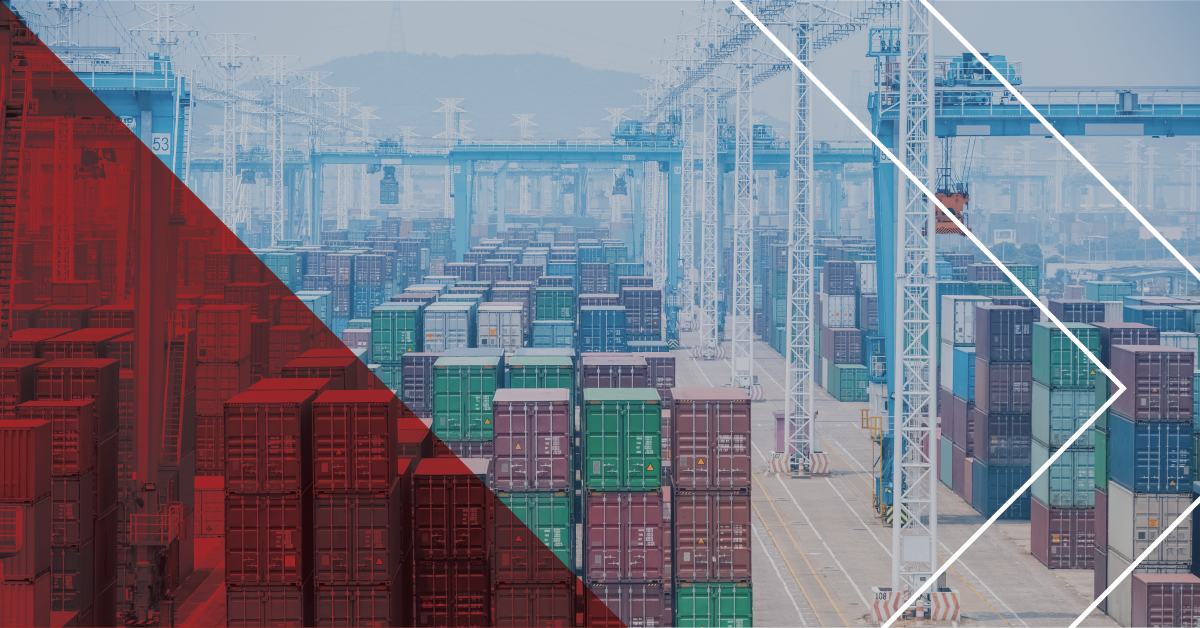
The Impact of Demurrage Fees and Proper Planning on Drayage Shipping
Supply chain planning can ease shipping requirements and can help prepare you for detrimental situations. However, the industry is not without its set of challenges. Regardless of industry, exporters and importers must face one particular issue of dealing with demurrage fees. These fees can come out of nowhere and create a financial burden if stacked on top of one another. In order to avoid demurrage charges, there must be proper planning done to monitor current drayage shipping operation processes.
What is Demurrage?
A demurrage fee is a charge made by a port or a carrier for using storage containers past the allowed time limit for loading and unloading cargo. Most ports have a set amount of free storage time which can last either hours or days at a time. When you pass this free time, you can get charged with a daily demurrage fee until the freight isn’t unloaded. Look into the ports you are working with beforehand rather than assuming the amount of free time and the fee charge rate. A new report from Container xChange shows these charges have also become more expensive during 2021. The container leasing company found that the average detention and demurrage charge more than doubled from 2020, increasing 104%. This translates to an increase of more than $666, according to the report. We have seen that the world today has been dealing with all sorts of shipping issues due to Covid-19, the Russian-Ukraine conflict and fuel price rising.
Cause and Effect of Demurrage Charges
Shippers can work very hard on scheduling properly and figuring out details to have freight shipped and handled in the correct manner, but sometimes external factors can interrupt those set plans. You can’t control some situations and deadlines can be affected by these external factors. Fees can start piling up due to late incoming freight, containers not being released by customs or overweight containers. Mistakes are normal but can also cause unnecessary issues. Some external factors can include the type of system you have in place. Tefera (2022) explained that an “inadequate transportation system, if there is climate change, are the main challenges for logistics activity especially for the company. These challenges sometimes create customers’ goods to delay, and the company expose for extra cost like port storage and demurrage” (p.57). It’s all about optimizing drayage in efforts to reduce demurrage charges.
How to Avoid Demurrage Fees
First and foremost, planning in a timely manner would be the best way to handle a complicated project that can potentially incur demurrage fees. Check in with port officials and arrange for additional hold times or monitor the volume of the freight. Make sure that everyone is on the same page and has all the information needed to process all shipments. Communication is very important, so make sure that there is no miscommunication happening, Share delivery instructions with all involved parties. Review all orders and triple check the paperwork for any overlooked errors. When there is lack of transparency, you can cause demurrage costs to rise and supply chain to become disrupted. Come up with back up plans for when things don’t go the way they are meant to in the shipping operation.
For example, have alternative routes in your corner to adjust to tight scheduling when there is a case of port congestion. Flexibility can allow for effective organization and avoid demurrage charges. A. Lemay et al. (2000), shared that “because current tracking systems often overlook equipment and none monitor the equipment in real time, equipment is too often held far past the time when it begins to incur demurrage and detention charges” (p.1). Therefore, you should have the right tracking system in place to monitor each stop of your freight.

References
Christian Roeloffs. (n.d.). Demurrage & Detention Benchmark 2021. In Container xChange. View PDF.
LeMay, S., Cassady, R., Withee, J., & Viator, J. (2000). The Program. Tracking and Positioning Software : A Market Need, Value and Cost Analysis.
Tefera, M. (2022). Assessment of Logistics practices and challenges in the Case Green International Logistics Services PLC (Doctoral dissertation, ST. MARY’S UNIVERSITY).